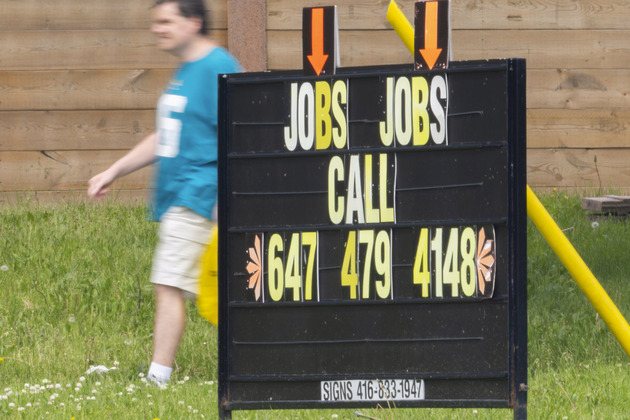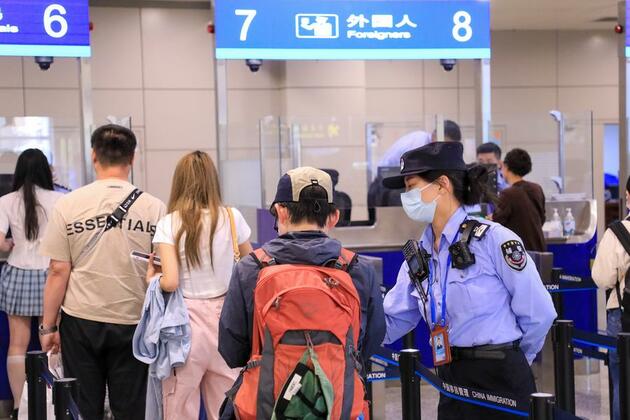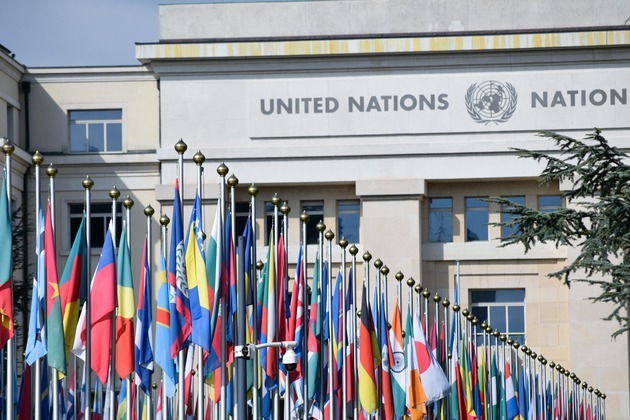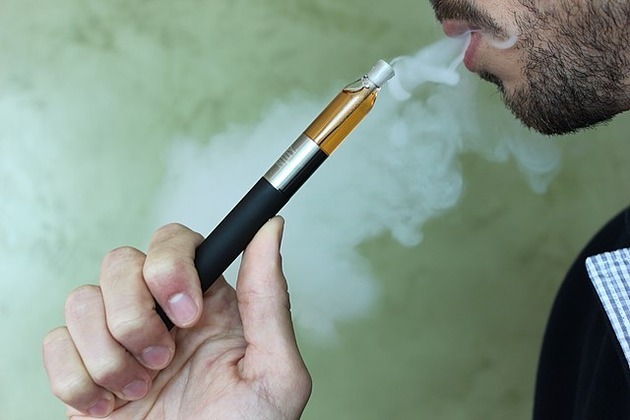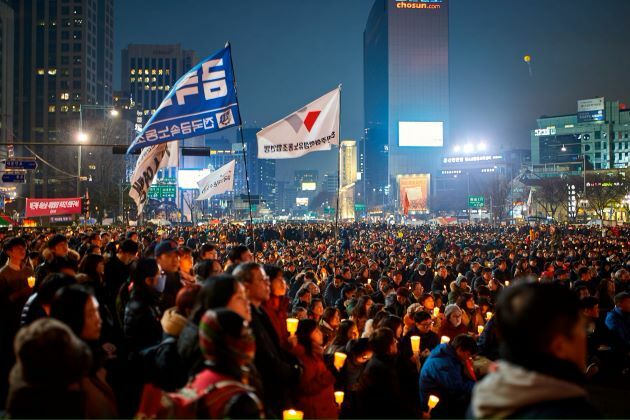Marijuana fueled Colombian drug trade before cocaine was king
The Conversation
04 Aug 2020, 18:10 GMT+10
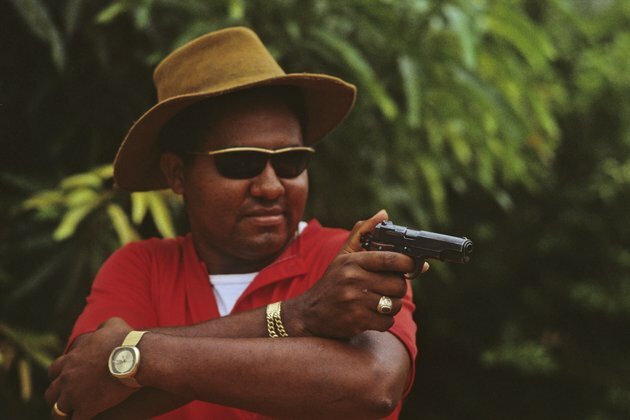
The Research Brief is a short take about interesting academic work.
The big idea
Long before Pablo Escobar's Medellin cartel got rich supplying Americans with cocaine in the 1980s, Colombia was already the United States' main source of illicit drugs - specifically, marijuana. That's the takeaway of my new book "Marijuana Boom."
This debunks the popular notion of Escobar as the pioneer of Colombian drug trafficking. Rather, it was some of Colombia's most marginalized people who changed the course of their nation.
Back in the 1970s, peasant farmers from the Sierra Nevada de Santa Marta - a remote and mountainous region of Colombia's Caribbean coast - began shifting from banana, cotton and coffee production to marijuana cultivation. When this population again pivoted to growing coca leaf for processing into cocaine in the 1980s, they set Colombia on a course to become the illicit drug capital of the Americas.
Why it matters
This research upends other old tropes about the drug trade, including the idea that it's inherently violent.
Colombia's marijuana economy operated relatively peacefully until the Colombian and U.S. governments in 1978 launched a militarized campaign to eradicate marijuana crops and increase drug interdictions. Traffickers retaliated, giving rise to the now familiar "war on drugs"-style dynamic of escalating conflict.
My research also disproves the long-held academic consensus that illegal drug markets emerge in remote areas where the state has insufficient presence.
I find Colombia's marijuana boom was actually an unintended consequence of state-led efforts to economically develop Colombia. Throughout the 20th century, Colombia worked to build its banana export sector, create a cotton belt to supply Colombian textile factories and to redistribute land. By the 1970s, Colombia was expanding international trade, particularly with the U.S.
These changes made some rural Colombians rich but, my research shows, impoverished peasant farmers in the Sierra Nevada de Santa Marta. People who'd grown legal commodity crops saw opportunity in exporting an illegal one to the United States: marijuana.
My book recounts how and why people in northern Colombia used their farming experience to grow and export marijuana. But it doesn't detail their next transition, from marijuana to cocaine.
In southern Colombia, academics have documented how Pablo Escobar's generation of traffickers financed new settlers to grow coca leaf, the base ingredient in cocaine, in the 1980s. We just don't know how cocaine simultaneously supplanted marijuana as the staple drug crop of the peasant economy up north.
How I do my work
This began as a personal quest to understand the country of my childhood. My father is from the Sierra Nevada de Santa Marta, where marijuana once boomed.
Some of my research was archival, conducted in Colombia and the U.S. But much of it was done on the ground. I began collecting testimonials in northern Colombia is the early 2000s, during Colombia's 52-year armed conflict. Paramilitary forces controlled the area. The war ended in 2016. But armed groups, including cartels, still operate there.
[Deep knowledge, daily. Sign up for The Conversation's newsletter.]
To stay safe while studying an industry that uses cash and violence to keep its affairs clandestine, I relied on friends and family, who helped me establish contacts and identify information sources. I also kept my questions focused on the defunct marijuana business - not the active cocaine trade.
This focus helped me avoid reproducing what historian Luis Astorga calls "the mythology of the narcotrafficker." There are no Pablo Escobars in my book - just everyday Colombians who seized on their country's growing commercial ties to the world's largest drug market - the United States - to launch a global business.
Author: Lina Britto - Assistant Professor of History, Northwestern University 
 Share
Share
 Tweet
Tweet
 Share
Share
 Flip
Flip
 Email
Email
Watch latest videos
Subscribe and Follow
Get a daily dose of Illinois Intelligencer news through our daily email, its complimentary and keeps you fully up to date with world and business news as well.
News RELEASES
Publish news of your business, community or sports group, personnel appointments, major event and more by submitting a news release to Illinois Intelligencer.
More InformationNorth America
SectionChina Sports Weekly (6.1-6.7)
BEIJING, June 7 (Xinhua) -- Here are the latest Chinese sports headlines from the past week: 1. Zheng Qinwen achieves best record...
Musks father urges him to admit defeat
His son must make sure his rift with Trump ends immediately, according to Errol Musk Errol Musk has said that his son, Tesla and...
CANADA-TORONTO-UNEMPLOYMENT RATE-MAY
(250607) -- TORONTO, June 7, 2025 (Xinhua) -- A man walks past a job board in Toronto, Canada, on June 6, 2025. Canada's unemployment...
"Rahul Gandhi speaking like political puppet for Pakistan": BJP leader CR Kesavan
Hyderabad (Telangana) [India], June 7 (ANI): Bharatiya Janata Party leader CR Kesavan hit out at Congress leader Rahul Gandhi on Saturday,...
Global visitors embrace China's diverse charms, visa-free policies
BEIJING, June 7 (Xinhua) -- On her first trip to China, 22-year-old Isabel from Switzerland planned a packed three-week journey to...
Iowa farmers hope for stable U.S.-China trading relations
Things like tariffs really affect our markets, and that's something we can't control ... We'd like to see free and open trade -- especially...
International
SectionSecurity forces clash with insurgents in North Waziristan
ISLAMABAD, Pakistan: Pakistan's army said on June 4 that its security forces raided a militant hideout and killed 14 insurgents during...
Latvia, Liberia, Colombia win seats on UN Security Council
NEW YORK CITY, New York: The United Nations General Assembly has elected five countries to join the Security Council starting January...
Lee Jae-myung becomes president after South Korea’s political crisis
SEOUL, South Korea: South Korea's new president, liberal Lee Jae-myung, took office on June 4 after a dramatic and chaotic few months....
Britain outlaws single-use vapes over health and litter fears
LONDON, UK: As of this month, it's officially illegal to buy disposable vapes anywhere in the United Kingdom. The new ban, aimed...
Policy debates in South Korean election drowned by personal attacks
SEOUL, South Korea: South Korea's upcoming presidential election has turned into a messy battle full of personal insults and scandals...
Over 25,000 flee as smoke from fires worsens air quality in Canada, US
FLIN FLON, Manitoba: More than 25,000 people in three Canadian provinces have been forced to leave their homes because of wildfires,...



